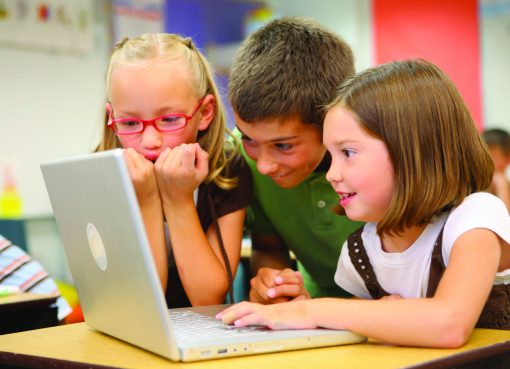Lessons LEARNED from covid-19 pandemic
After 1918 Spanish Flu, the ongoing COVID-19 is the greatest pandemic affecting millions of people across 213 countries of the world. No other hitherto known disease has affected people across so many different countries and territories of the world together. To deal with the increasing morbidity of the disease, every country has adapted several measures that are really evolving during the process of our learning about the disease transmissibility or the behaviour of the new virus causing it. Sanitization, social or physical distancing, contact tracing and quarantine, partial or complete lock down, curfew, containment and what not – all these measures have impacted the life of everyone tremendously causing short- and log-term consequences psychologically, physically, socially, economically and politically in numerous ways. The impact has been so rapid and widespread that we were forced to learn many new lessons out of it and reinvent the importance of some old ones even to our great embarrassment.
First of all, cutting across any kind of barrier – be it geographical, racial, ethnic, religious or otherwise – the disease didn’t spare anyone. Rather it affected the so-called most advance, civilized and wealthy nations even more than many others whom the world considers developing or underdeveloped ones. The best of the best healthcare systems, for which many so-called advanced countries often boast of, couldn’t protect their citizens from the menace of this pandemic. This showed the current limitation of our knowledge and lack of adequate preparedness to effectively tackle a pandemic of such proportion.
Perhaps this is for the first time, when we strongly believed that measures like lockdown, travel restrictions or physical distancing could be really effective in controlling the spread of a highly transmissible disease. People by and large learned to live through lockdowns and realized the need to learn living with the least available. We really realized truly that we do not need much to carry on our life. On the other hand, the circumstances have given us the opportunity to realize the value of freedom – freedom to move, freedom to carry on our professions and means of livelihood, freedom from our ever-increasing dependence on luxury and comfort of living, and so on.
The pandemic forced us to realize the value of verbal communication amongst us to sustain our relationship and mental health through various means of communication when there was limited opportunity for physical connections. This also led to evolution and strengthening of our technological network through need-based efforts from both public and private sector enterprises. For example, these days the use of various tools for online classes, meetings, webinars etc. have increased many folds which encouraged building new networks and developing new software for effective management of the online events at all levels – be it for business, education or social networking. This is going to have ever-lasting effect on our future, particularly a paradigm shift in the pedagogical methods and elements.
The fight against the pandemic and the limitations of our existing systems to effectively deal with the situations arising out of unexpected and by and large unpredictable outcome of our efforts have highlighted the need of a universal healthcare system supportive to all classes of people including both ‘haves’ and ‘have nots’ to tackle a pandemic of such a scale. This has also brought to light the necessity of continuance of a major hold of the public sector on sectors like healthcare, education and transport, without which the impact could have been much worse on the Indian countrymen than what we have witnessed today.
While this pandemic has tested our capabilities and strength in many ways for which most of us didn’t have any preparedness, it has also brought new opportunities for a positive change, a chance to forge unity and brotherhood across political and geographical boundaries, and above all, a chance to reset our values and priorities.



